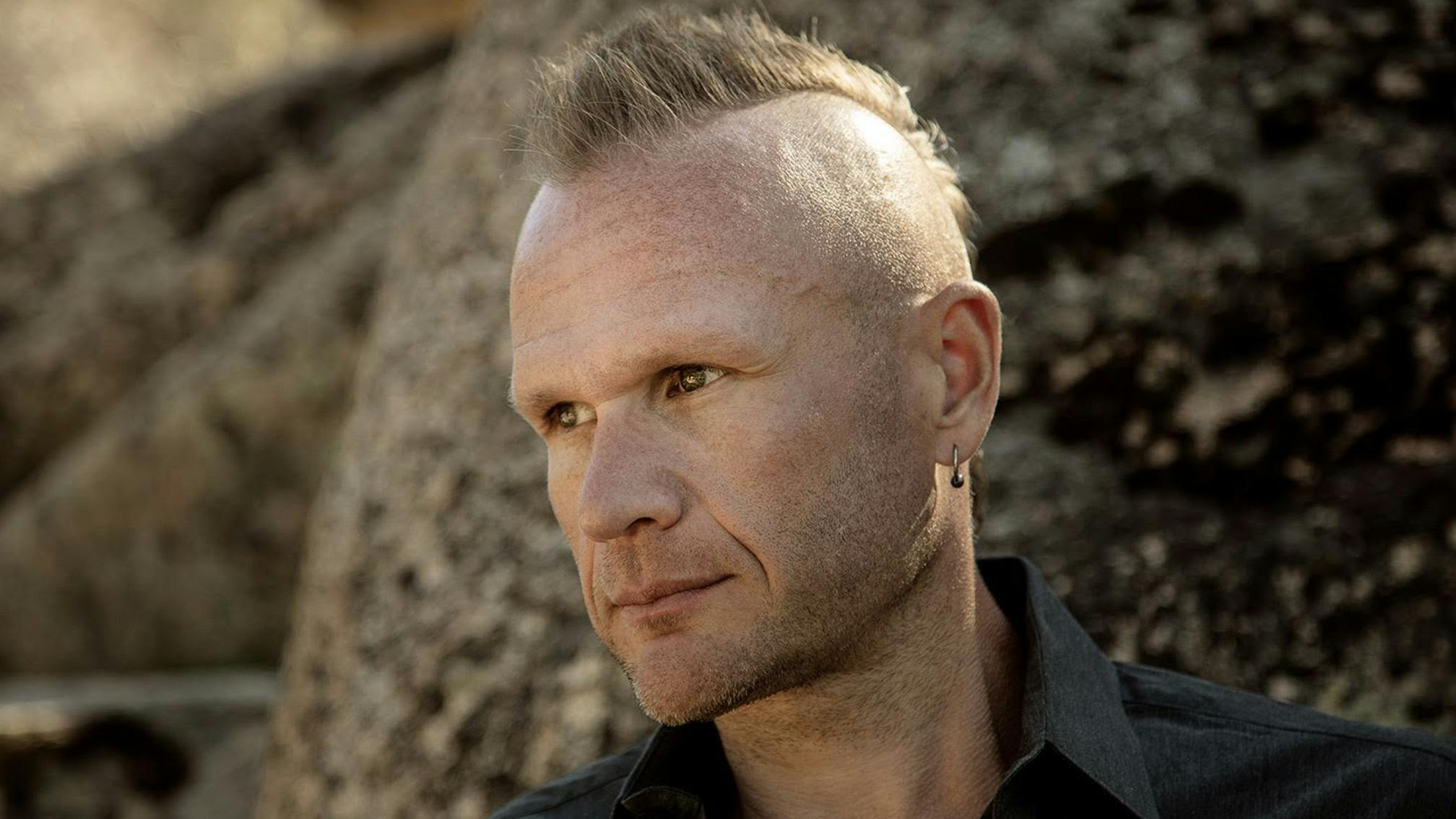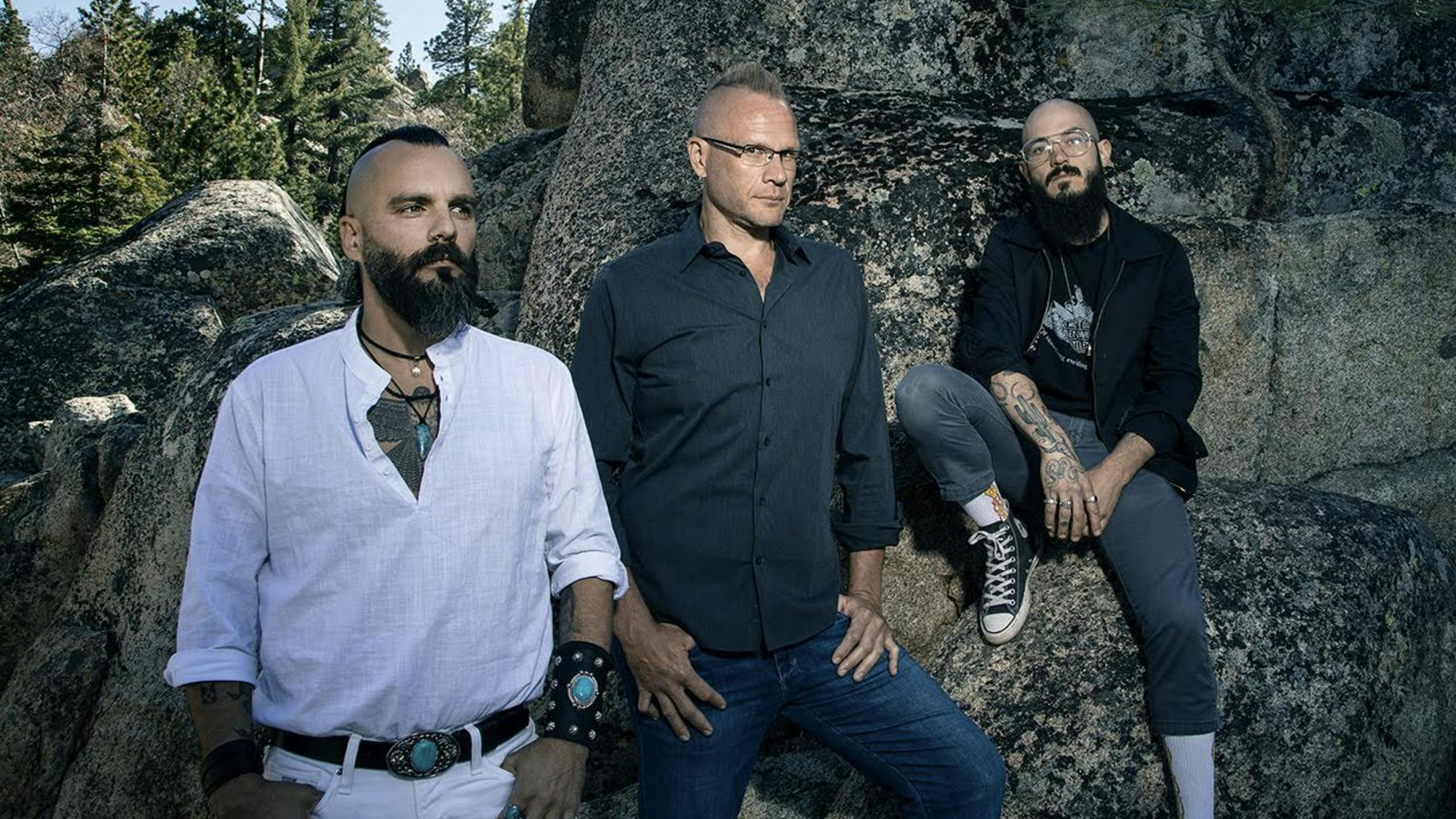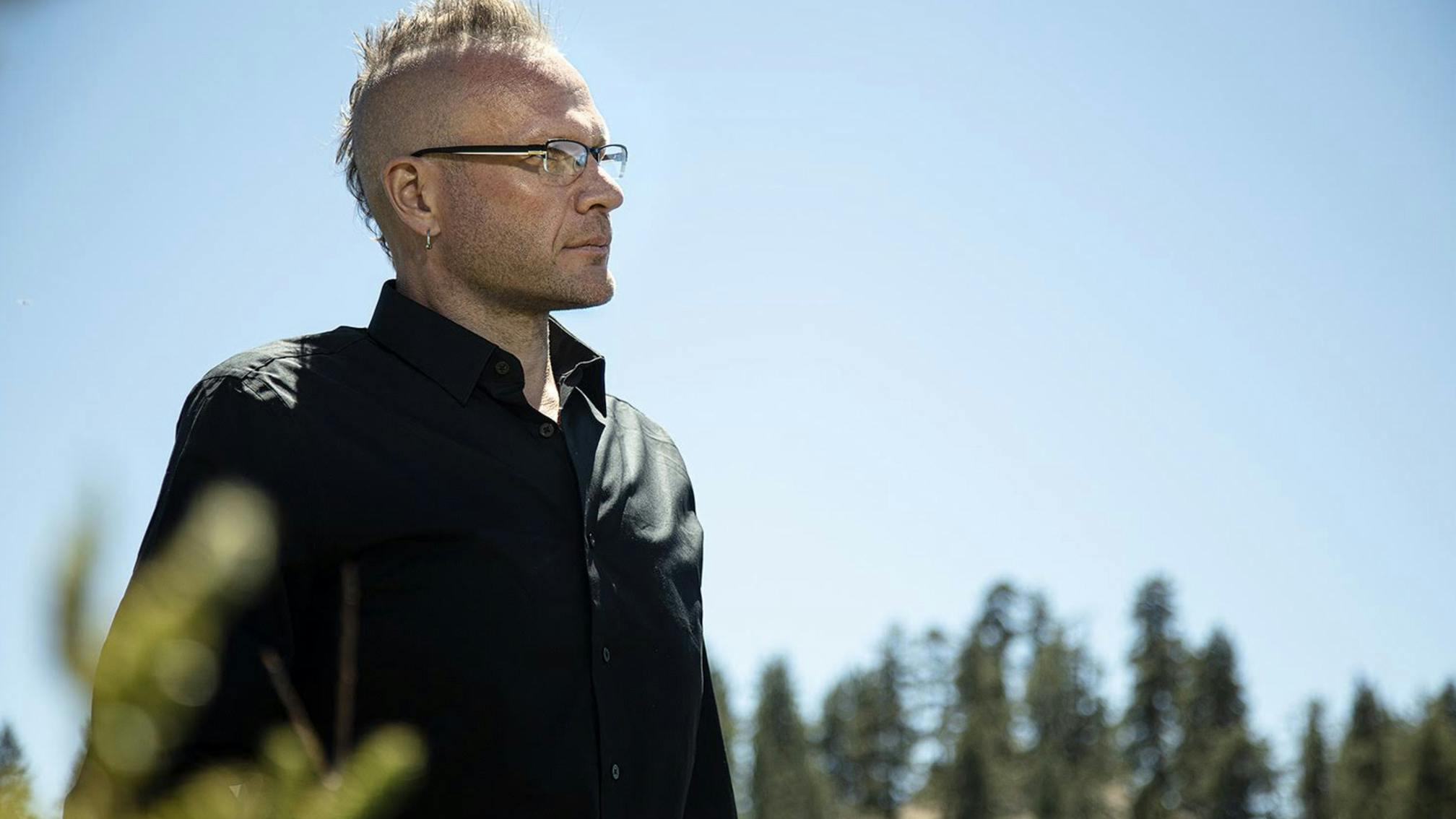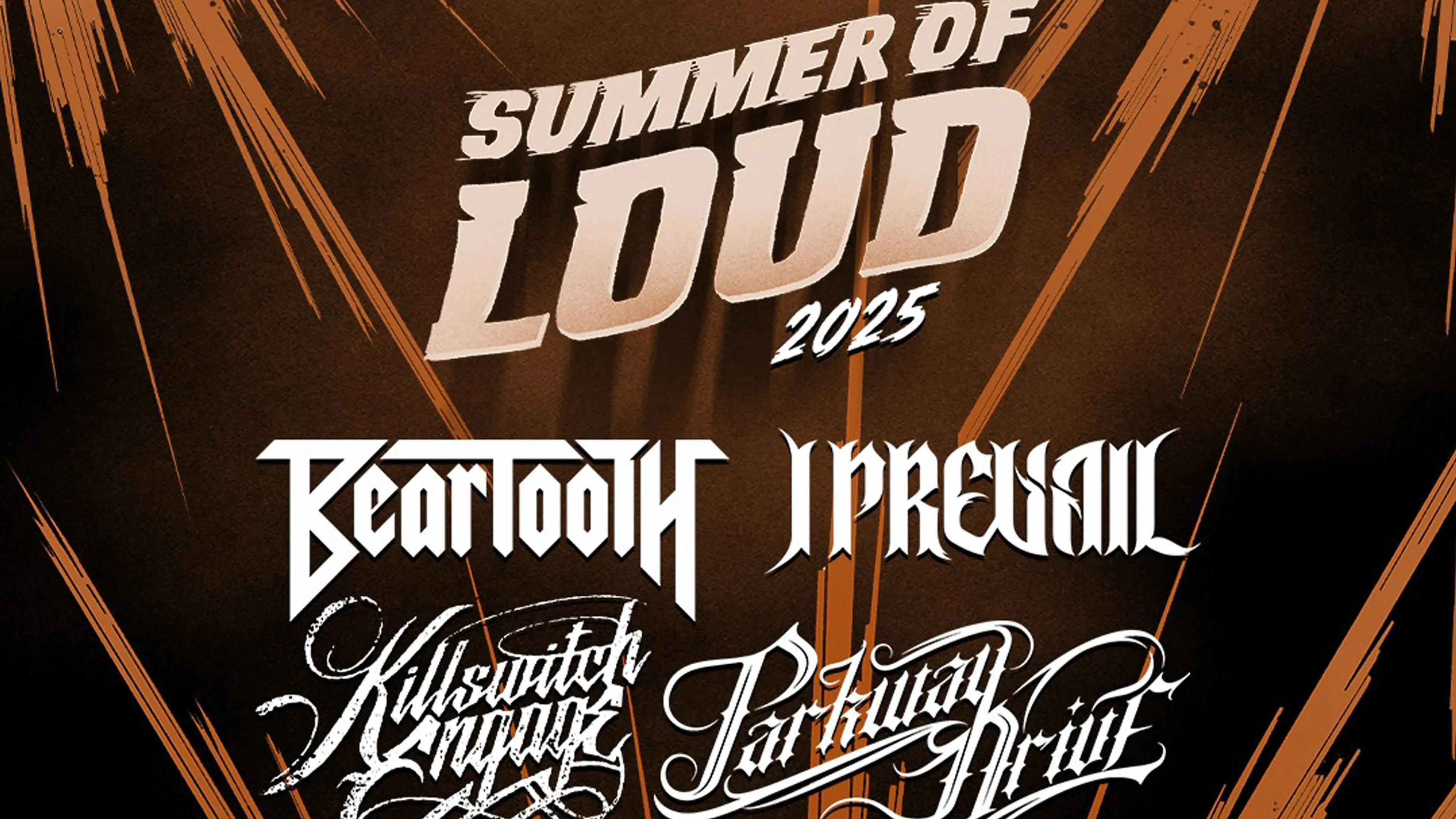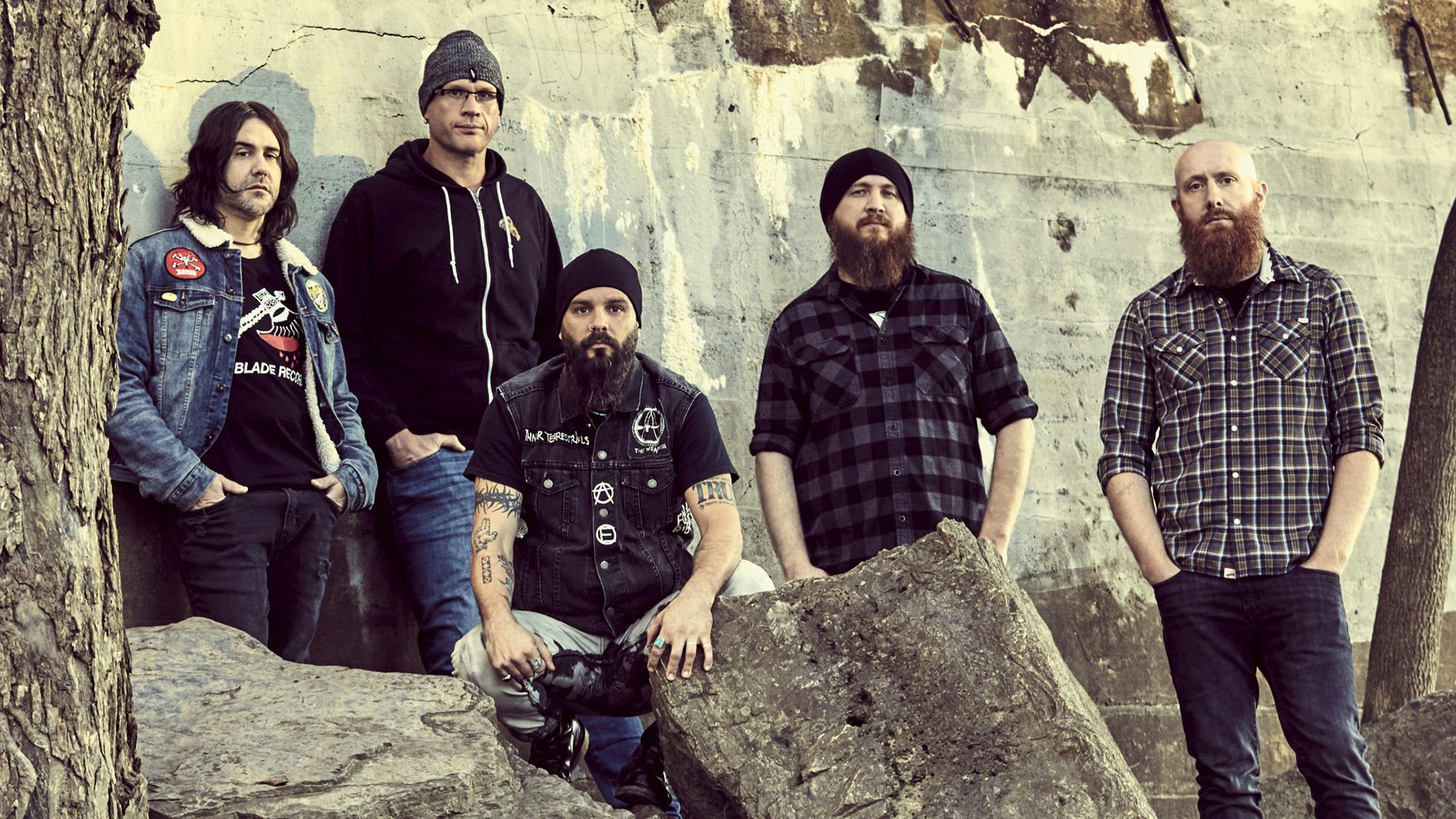More time doesn’t necessarily mean less stress for Adam, though, given that his capacity for overthinking can have the potential to do as much damage to his art as his morale. Ask him, for example, whether the unhurried conditions making Songs Of Loss And Separation were good or bad for the creative process and his uneasy laugh suggests the topic has been on his mind of late. “It’s mostly negative. The one positive is that there’s absolutely zero stress and expectation when you have no timeline at all, but the negatives are incredible! I had way too much time to beat up the mix and the production of [this album] and I nearly overdid it. When you spend a finite amount of time on something, it feels more passionate and means you go with your gut instinct rather than being so critical of yourself. I’m so guilty of doing that with every project. The best records I’ve ever done have been two months [to make] or less, production-wise.”
Despite Adam’s reservations about long lead times, there’s something undeniably fascinating about how Times Of Grace’s albums tackle the fears and frustrations of its creators, made at 10-year intervals, to chart how those authors – and what keeps them up at night – change over time. “We don’t really have any reservations about opening up to each other and sharing what we’re writing about,” reveals Adam of his creative synergy with Jesse, the man whose return to Killswitch may well have saved the band; and who suggests Adam helped him overcome the crippling self-doubt he experienced during the making of their eighth album, 2019’s Atonement.
There were no such instances of writer’s block on Songs Of Loss And Separation, though, because people tend to get verbose about the things that push their buttons. Far From Heavenless, for example, features the lyric ‘Who deserves salvation? Who deserves damnation?’; those religious undertones are unsurprising given that Jesse grew up with a minister for a father, but the song has another meaning in the age of cancel culture: that one doesn’t have to wait for death for judgement and condemnation, because there are those on social media who’ll provide it during your lifetime. “I don’t know why people feel the need to be controlled, whether that’s by an organised religion that says you have to follow a man’s rules to be closer to God, or by the people around us,” Adam explains. “It’s good to be an individual, to believe in yourself and think for yourself. All that cancel culture crap is good sometimes, but other times it can feel like bullying.”
